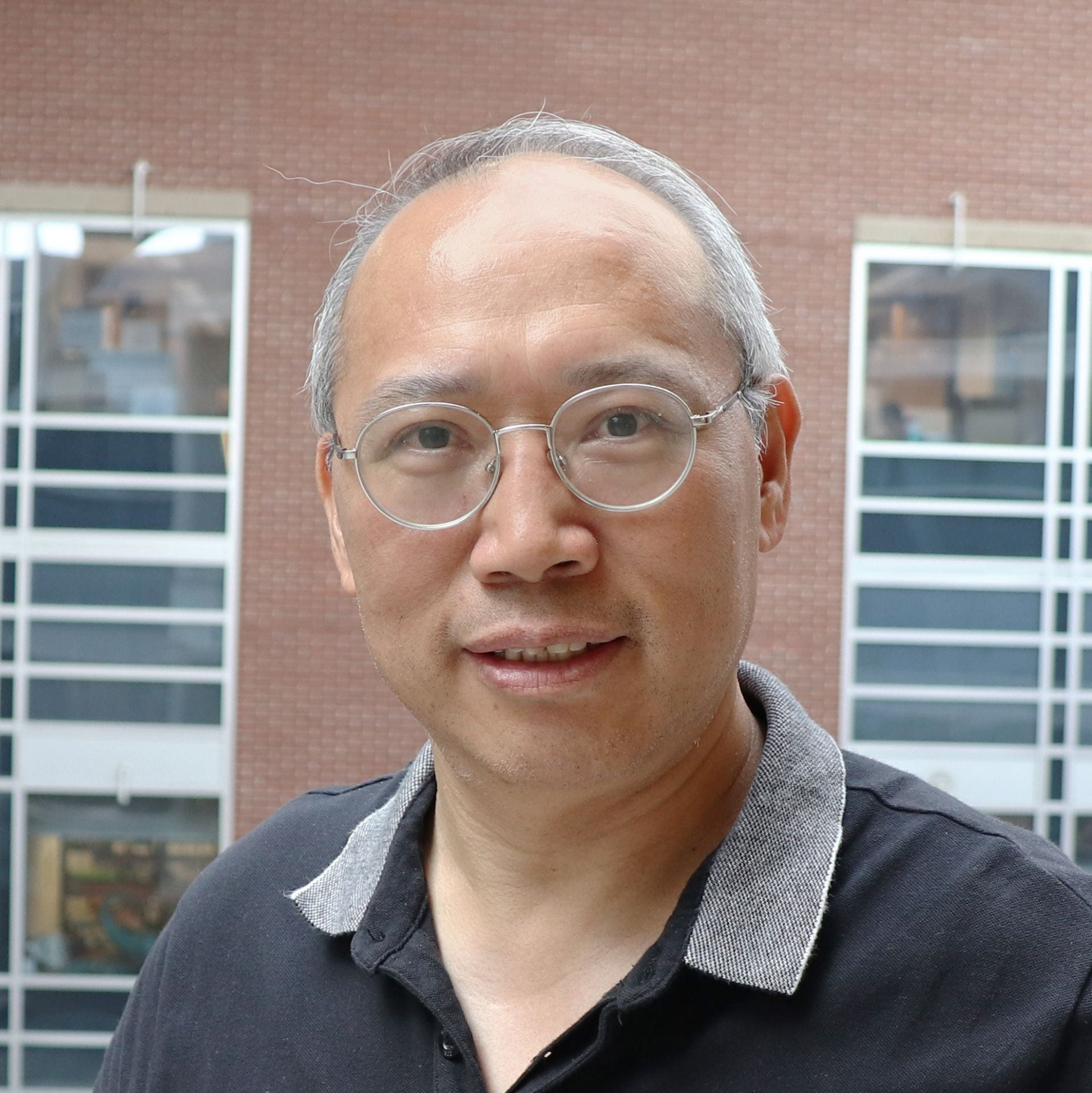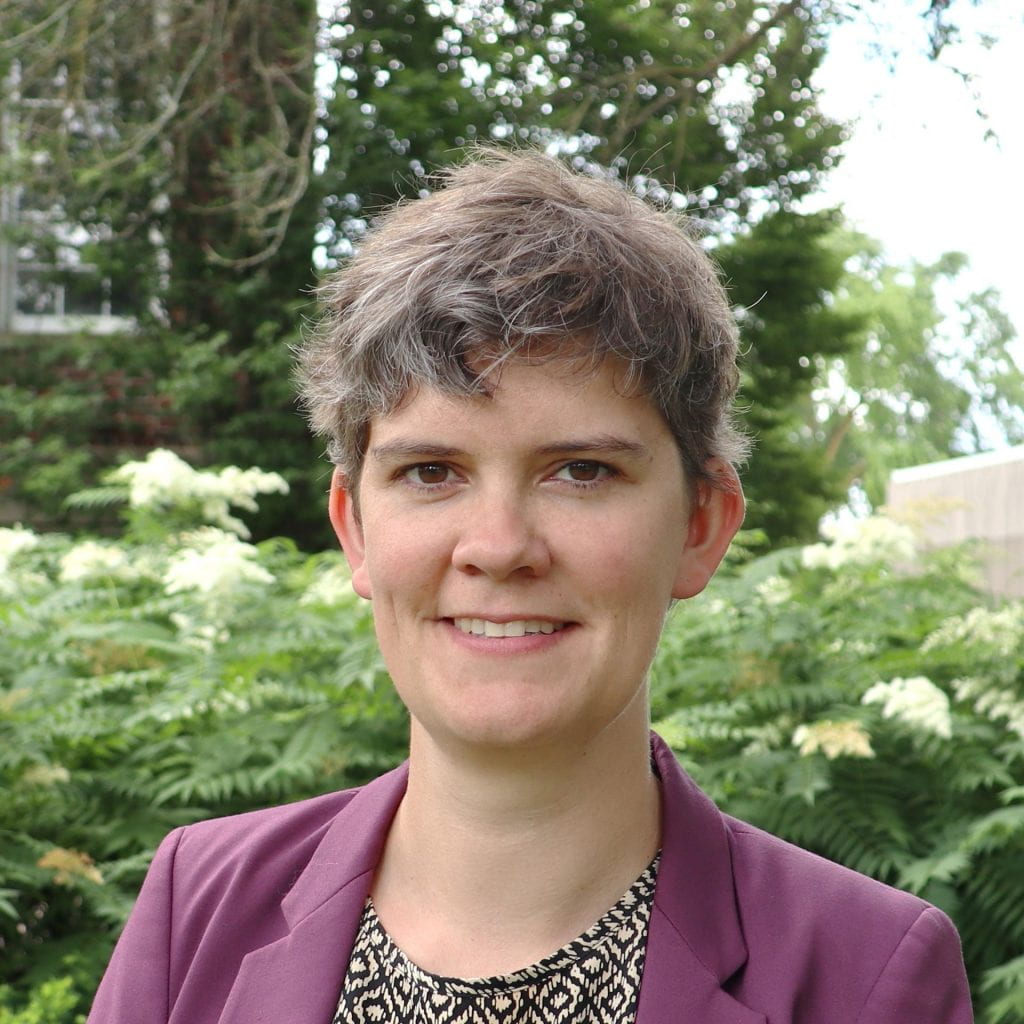Nanomaterials for change
Centre for Sustainable Nanomaterials Innovation (CESNI) at the University of Guelph brings together state-of-the-art infrastructure with world-leading researchers who apply innovative scientific and engineering approaches to understand and exploit natural nanomaterials from agricultural sources. This multidisciplinary approach combined with the team’s extensive industrial partnerships accelerates and enables the adoption of bio-based nanomaterials in our food and health systems, which in turn improves product quality and mitigates our reliance on potentially unsafe synthetic nanomaterials.
CESNI activities span the spectrum from discovery to development of novel bio-based devices and products with wide-ranging benefits for Canadians. The interdisciplinary team contributes leading-edge, transformative solutions to significant problems currently facing society, from feeding the world’s population to improving human health and mitigating the impact of humans on the environment.
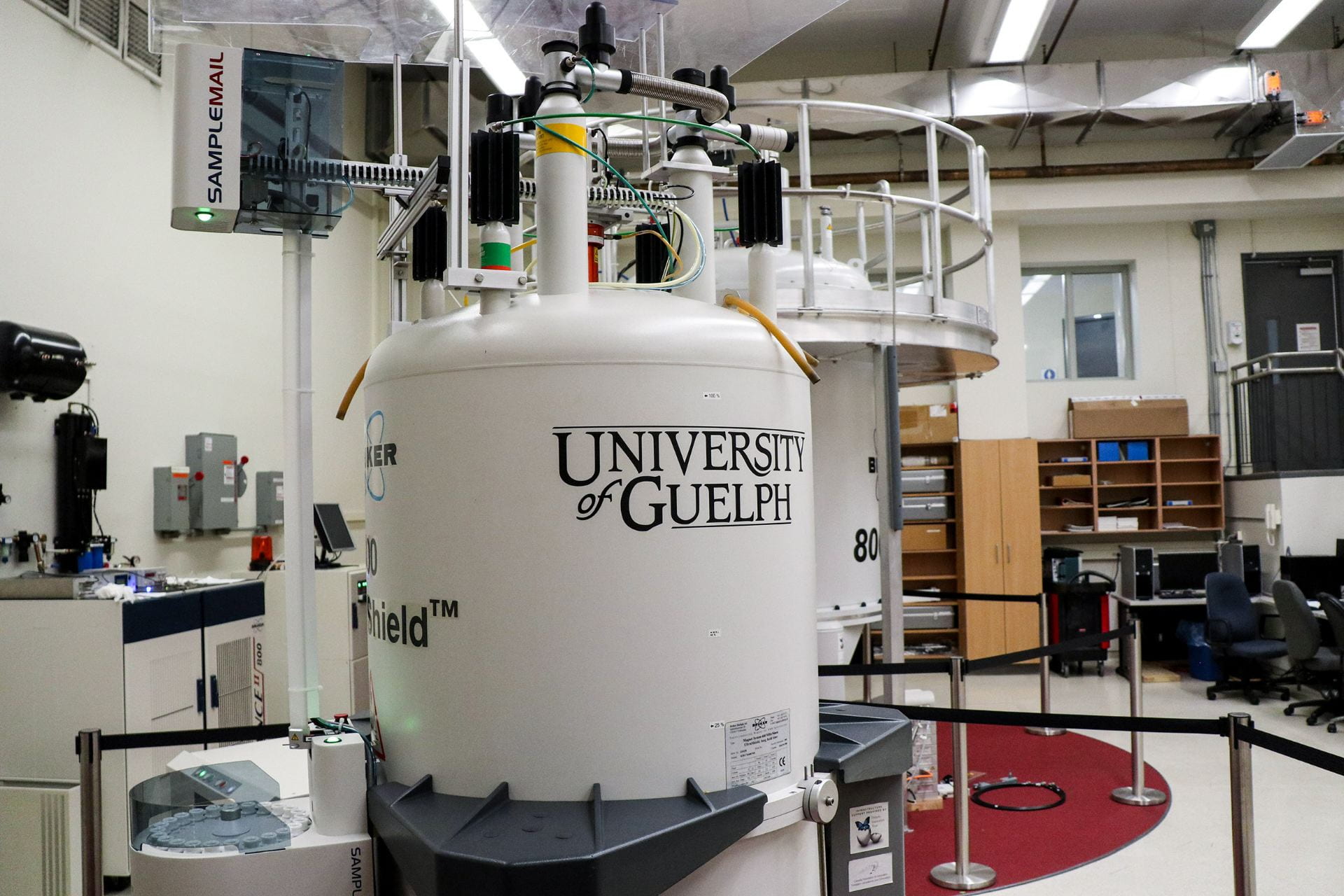
New properties of natural nanomaterials
Advanced analysis of structure-dynamics-function characteristics of agricultural nanomaterials.
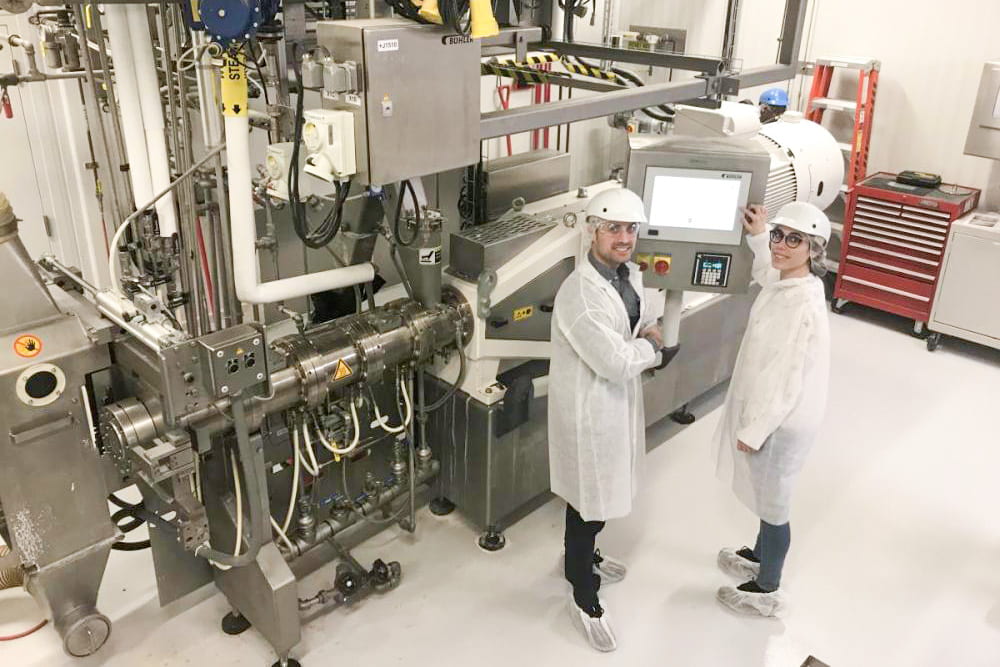
Novel bio-based solutions
Pioneering novel biopolymer-based strategies for the delivery of bioactive compounds and the self-assembly of peptide- and protein-based biomaterials.
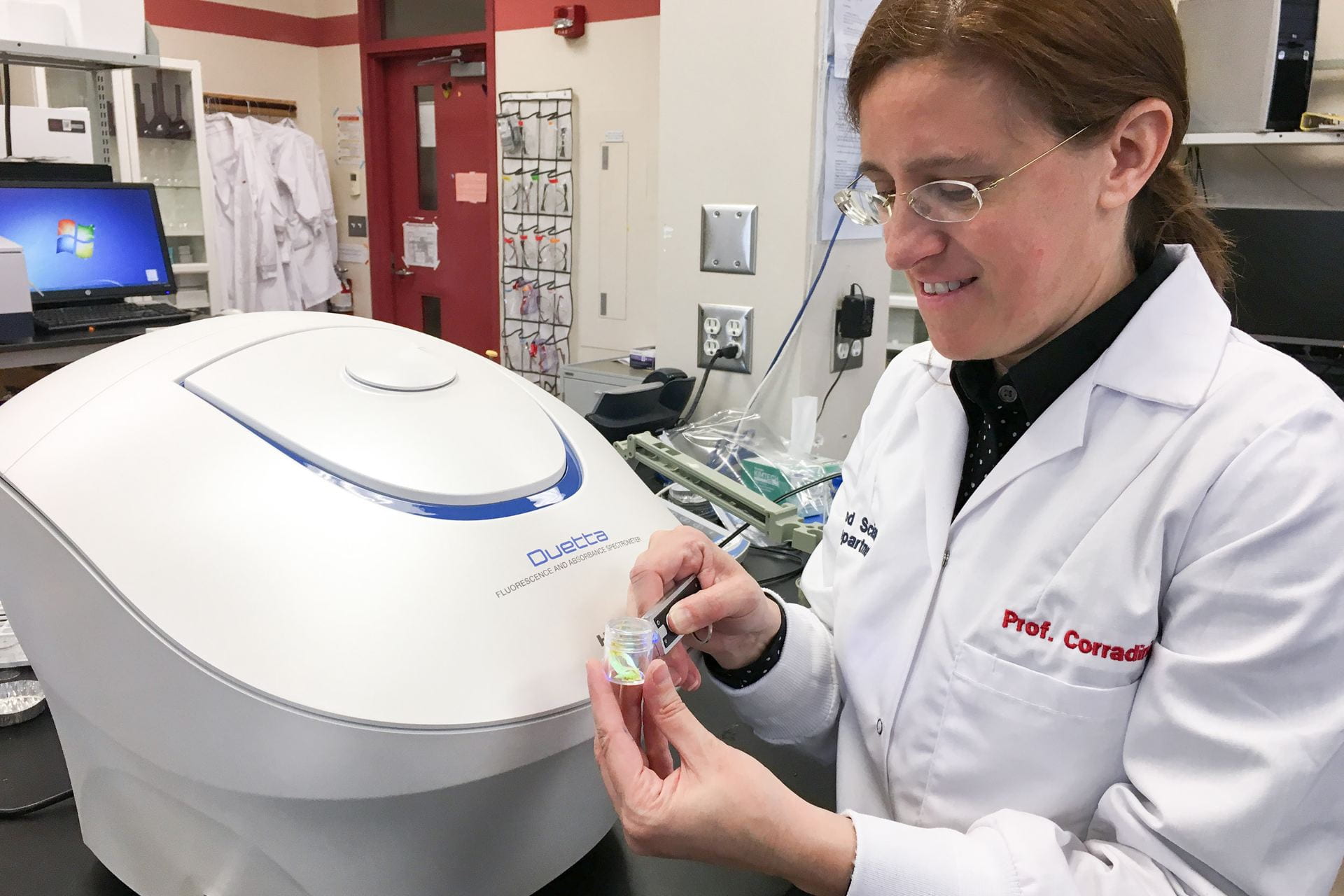
Enhancing product sustainability
Engineering bio-based alternatives to unsustainable foods and petroleum-based plastics, and using green chemistry to develop new sensors and biosensors for food safety and quality.
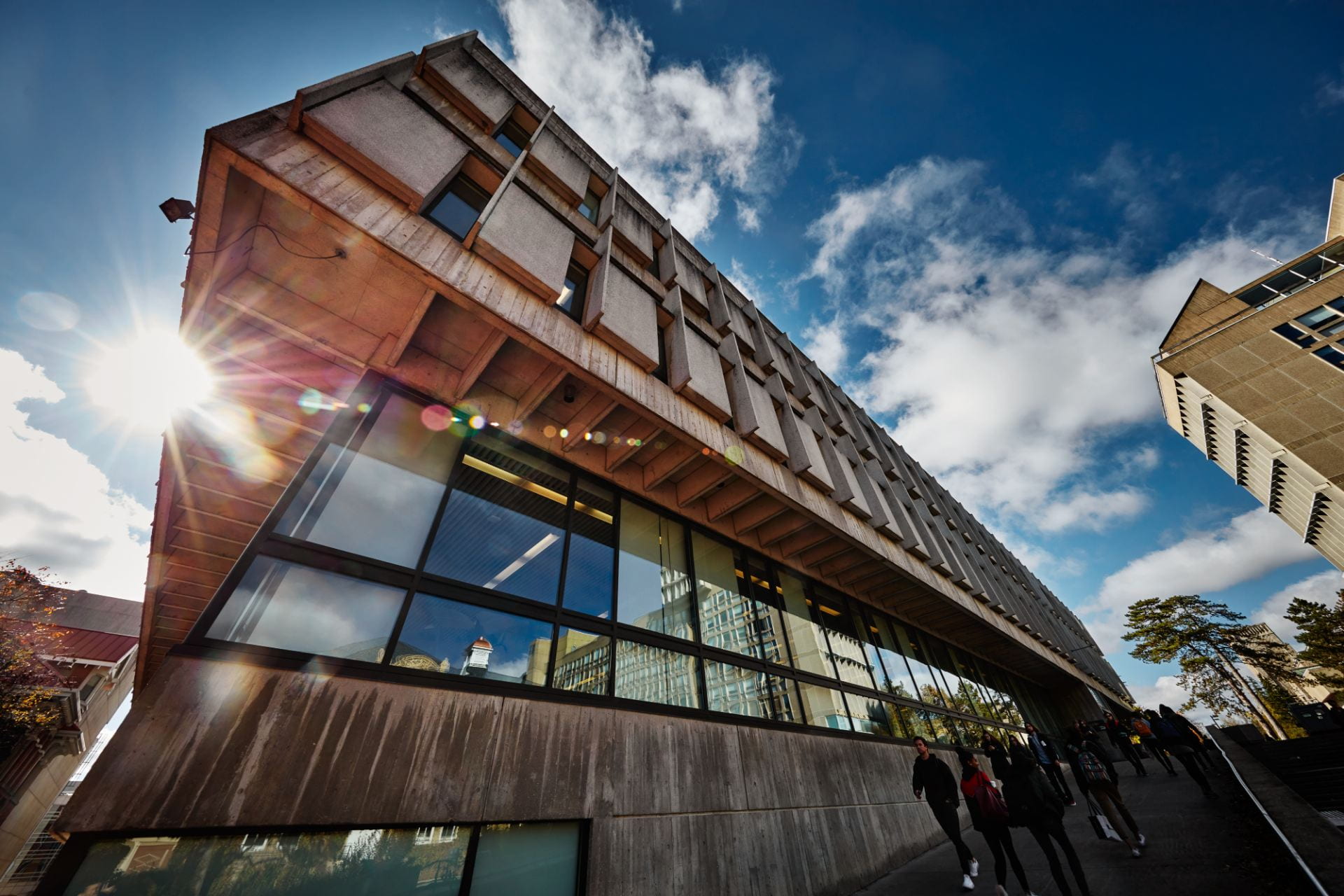
Vision and Mission
CESNI will unlock the full potential of sustainable nanomaterials to improve life and our environment. The Centre will keep sustainability as the focus of leading-edge nanomaterials research and development.
Our Leaders
Our Partners
 |
 |
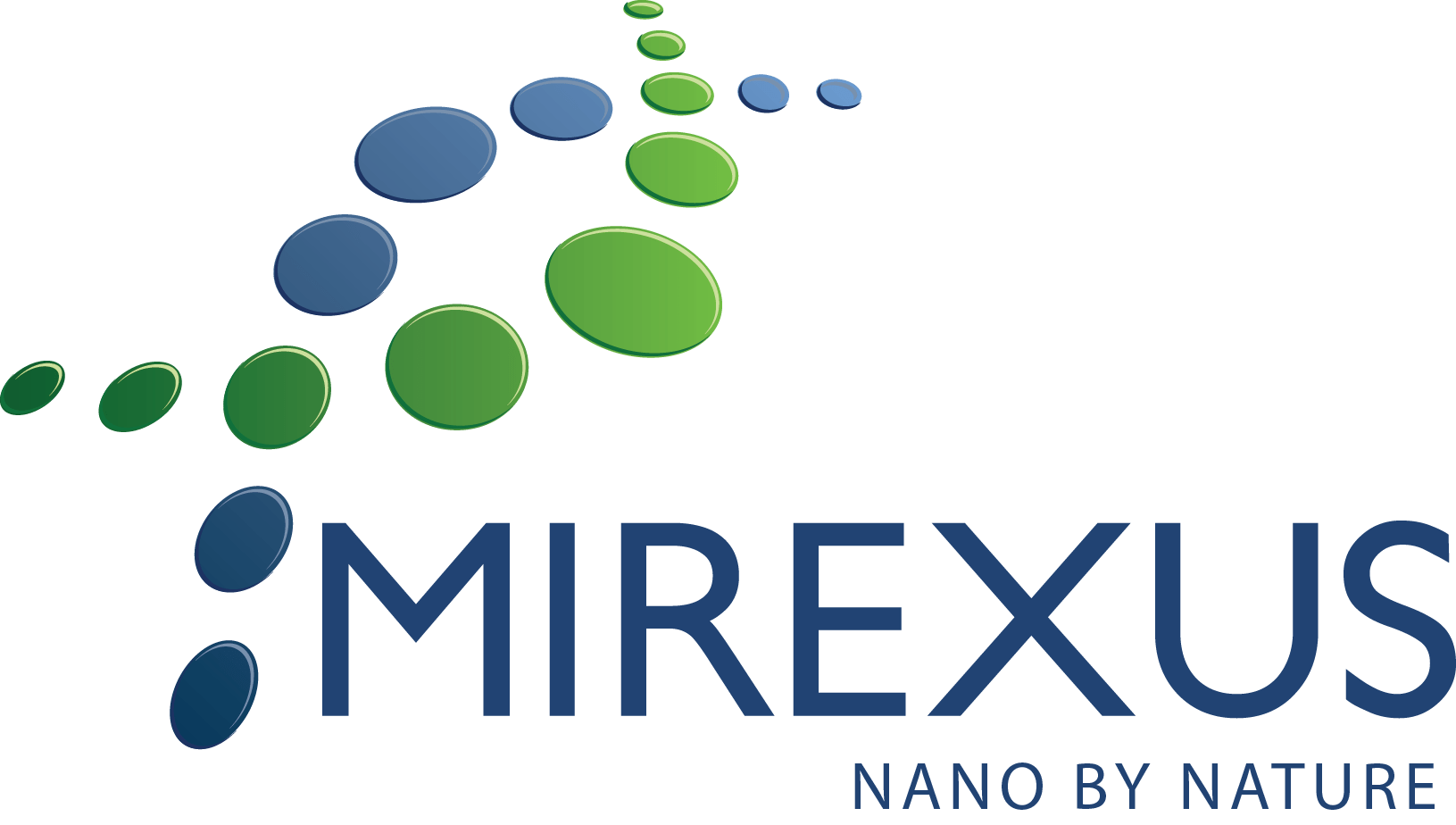 |
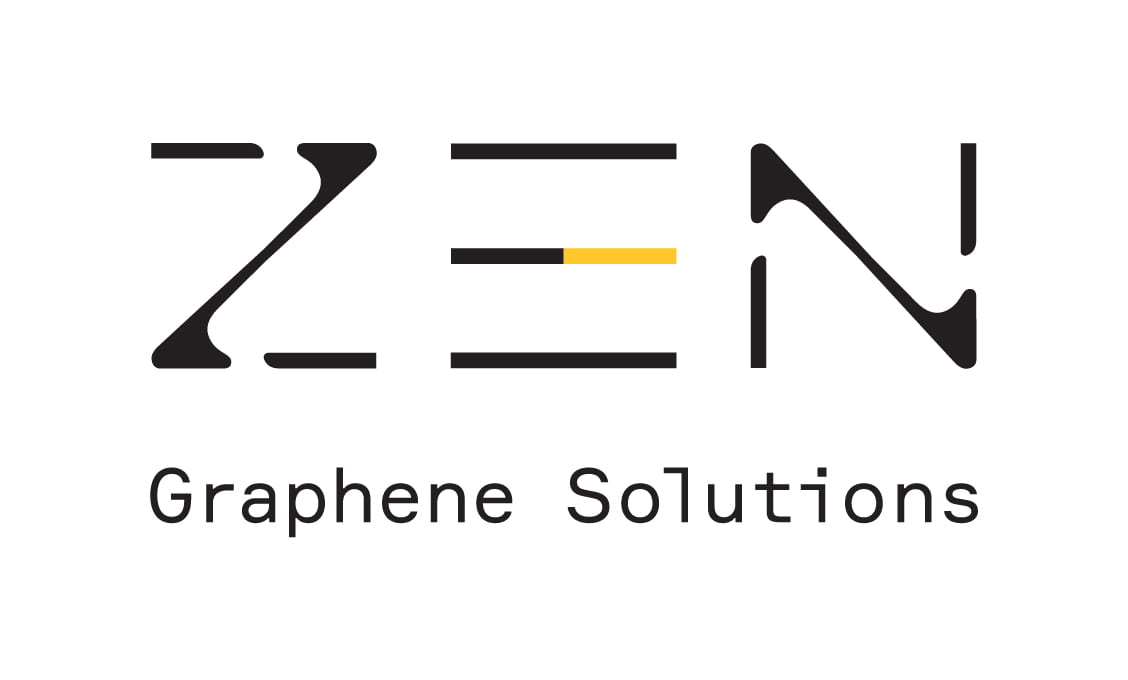 |
 |
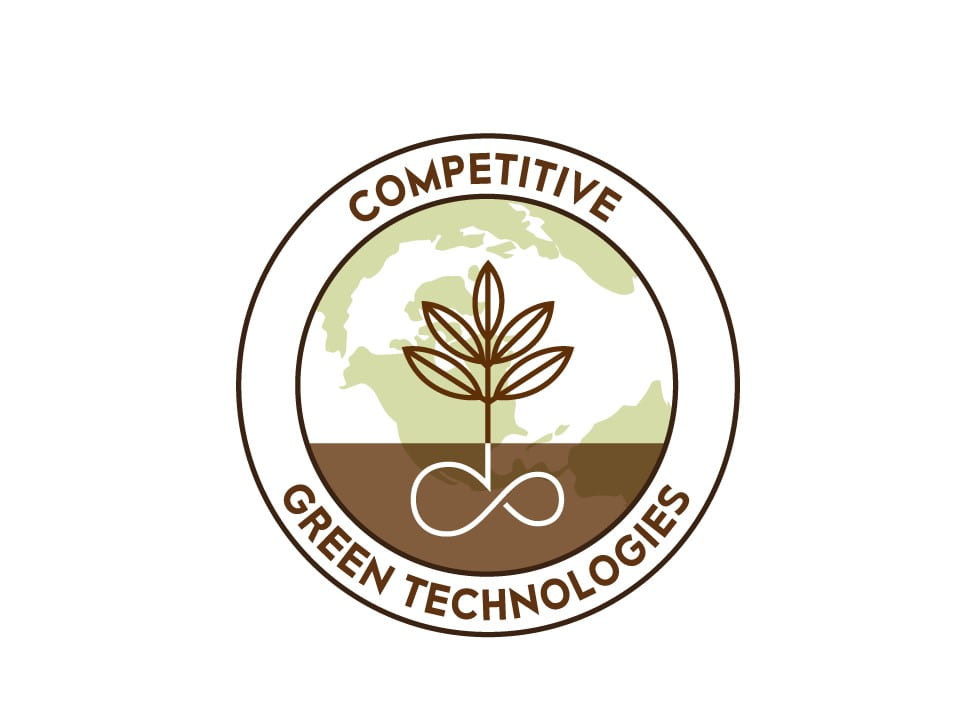 |
“Mirexus has worked with Prof. Dutcher since our inception. The Dutcher lab has provided deep scientific insights into the structure and properties of the unique phytoglycogen molecule that is the foundation of our business. This work has led to multiple patents and publications as well – paving the way to some of our best commercial applications. It has been a wonderful partnership.”
Phil Whiting
President & CEO
Mirexus Biotechnologies Inc.
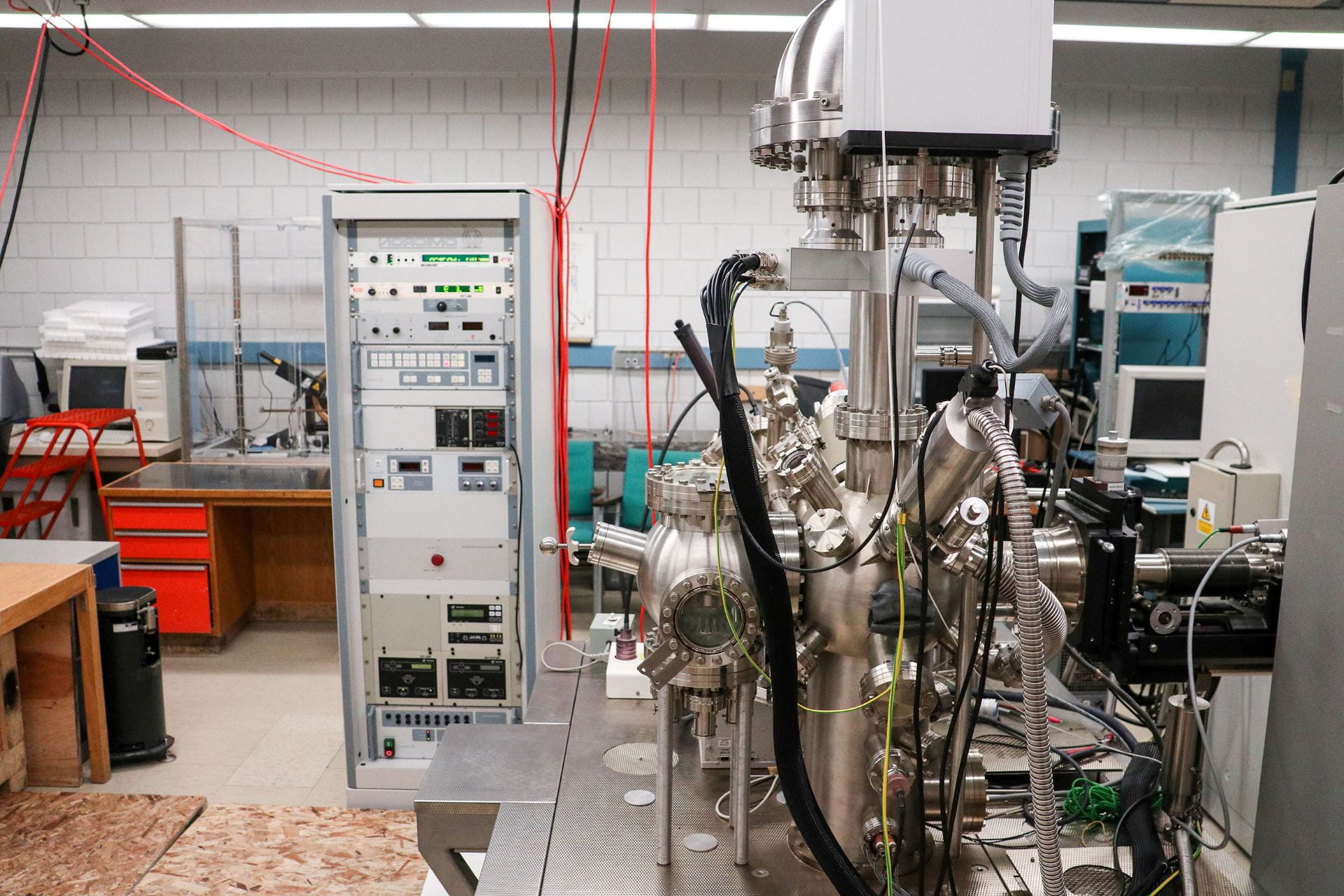
Our Capabilities
• Microscopy
• Spectroscopy
• Scattering techniques
• Electrochemistry
• Advanced chemical analyses
• Thermochemistry
• Mechanical properties testing
• Biodegradability analysis
• High-shear extrusion
• Gastrointestinal modeling
• Advanced computing
Key Outputs
Discovered and characterized phytoglycogen — a monodisperse nanoparticle extracted from plants. It is the basis for a University of Guelph spinoff company, Mirexus Biotechnologies, which now develops the nontoxic and biodegradable nanomaterial under the commercial name PhytoSpherix.
Developed and characterized ethylcellulose oleogels. Ethylcellulose is the only polymer oleogelator whose properties (e.g., resistance to shear and temperature abuse, plasticity, high oil binding capacity) make it a viable solution to replace palm oil.
Advanced the development of new graphene-based nanomaterials, including a new one-pot synthesis method for producing fluorine functionalized graphene oxide; a novel 3D interconnected reduced graphene oxide; and a green synthesis approach for iron oxide quantum dots.
Developed a solid-state NMR approach to characterize structures of oligomeric membrane proteins at atomic-scale resolution in lipid mimetics, and in cell membranes in-situ; and developed a new solid-state NMR tool that enables an atomistic view of membrane protein folding
Pioneered several new processing methods to enable the shift from petroleum-based carbon composites towards more sustainable biomass-based polymer composites, led by profs. Manjusri Misra and Amar Mohanty.
Contact
Prof. John Dutcher
dutcher@uoguelph.ca
(519) 824-4120 ext. 53950





